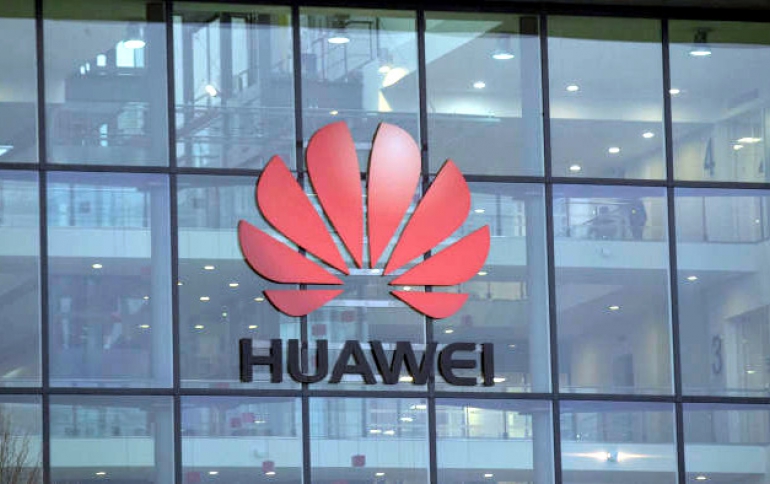
FCC Proposes Cutting Off Funds for ZTE, Huawei
The Federal Communications Commission will vote next month on a proposal to bar telecom companies from using government subsidies to pay for networking equipment from Huawei and ZTE.
"I’m circulating an order that would prohibit the use of Universal Service Fund dollars to purchase equipment or services from any company—like Huawei—that poses a national security threat. Going forward, we simply can’t take a risk when it comes our networks and hope for the best," said FCC Chairman Ajit Pai.
The move mostly affects small, rural companies, as larger U.S. wireless companies do not use equipment from those Chinese companies.
The agency is also exploring the impact of requiring companies to rip out their current Huawei and ZTE equipment. The government is seeking comments on how it can help companies financially if they have to do that. Bills in Congress have proposed setting $700 million to $1 billion aside for telecom companies to replace their networks.
"I’m proposing that the Commission initiate a process to remove and replace such equipment from USF-funded communications networks. My plan calls first for an assessment to find out exactly how much equipment from Huawei and another Chinese company, ZTE, is in these networks, followed by financial assistance to these carriers to help them transition to more trusted vendors. We’ll seek public input on how big this “rip and replace” program needs to be and how best to finance it, " said Pai.
The Rural Wireless Association, a trade group for small rural wireless carriers, has said that it would cost up to $1 billion for its dozen companies to replace their Huawei and ZTE equipment. It says that Huawei has 40 customers in the U.S.
The U.S. government says Huawei poses an espionage threat, but has presented no evidence of its equipment being used for spying by the Chinese government. Huawei denies that its equipment is used for such purposes.





















